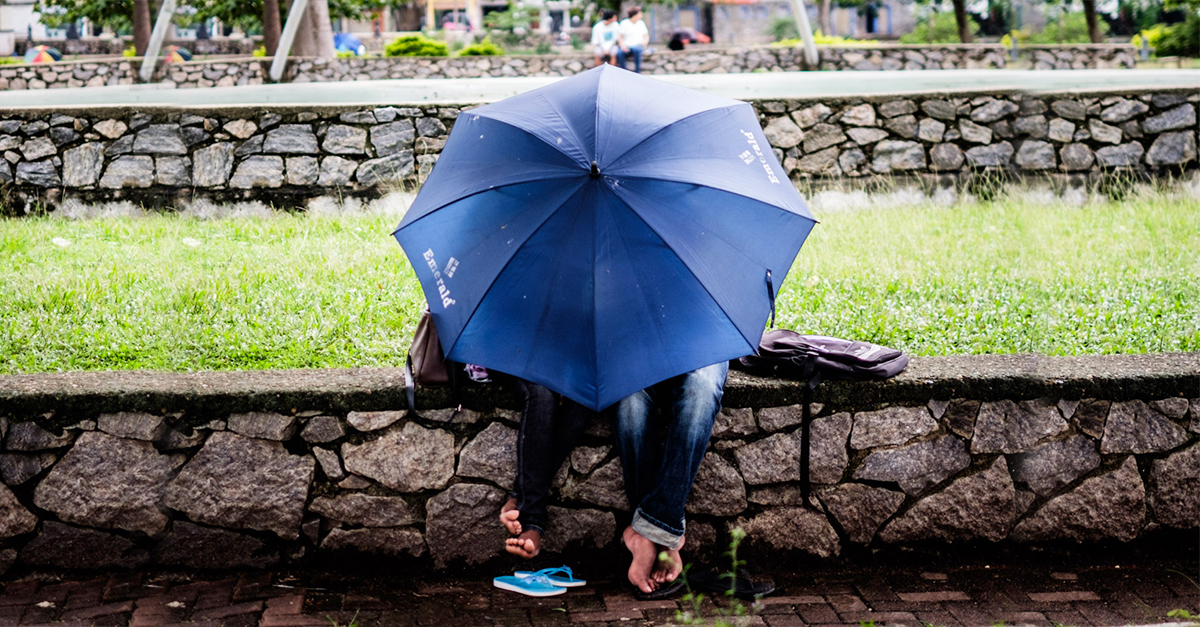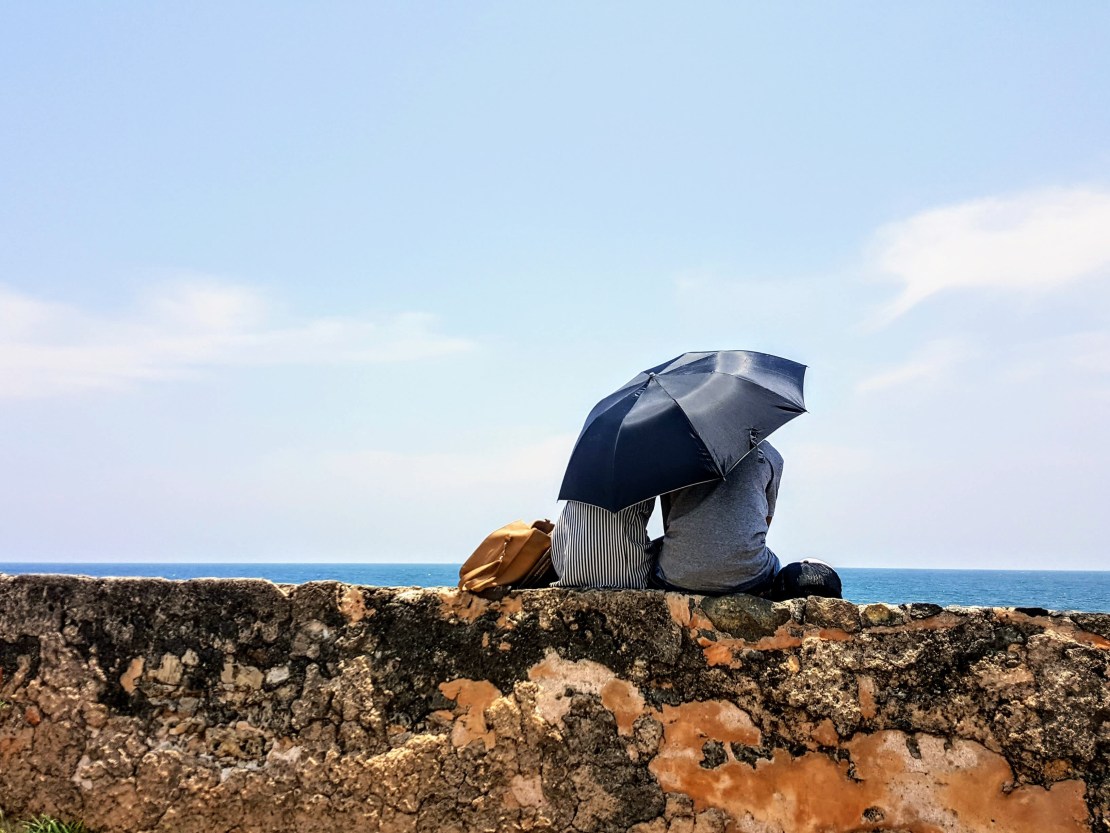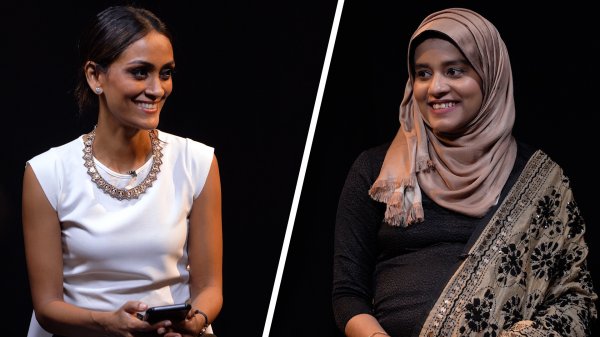
When Aritha Wickramasinghe, Equality Director of iProbono – a global network of lawyers litigating for people in need – came across an article in a local newspaper about the arrest of “under-aged” couples in Anuradhapura for “improper behaviour,” he felt the same anger he’d felt on hearing of previous such mass arrests.
Speaking to Roar Media, he expressed frustration again at the unjust way in which the police continue to exploit vague and outdated laws, such as Article 365A of the Penal Code (1883) and the Vagrants Ordinance (1841) to intimidate vulnerable people – a situation he frequently deals with in his line of work.
Exploitation And Humiliation
Article 365A of the Penal Code states that, “Any person who, in public or private, commits…any act of gross indecency with another person, shall be guilty of an offence, and shall be punished with imprisonment[…]” – it is this that is usually used against young couples in the cases reported in the media.
However, as Wickramasinghe pointed out,
“Skipping tuition classes and showing romantic affection in public are both not criminal offences – no court has held that kissing or showing public affection is grossly indecent.”
“The police is basically stretching their imagination and the ambit of the law to also include what is very normal behaviour,” he explained, adding that, “If police think they can use this [law] to arrest couples holding hands and kissing in a public park, it also empowers them to go into people’s homes and arrest them for showing affection.”
Wickramasinghe told of how he has had to deal with such events in the past, describing an instance in which the police arrested a man, demanding to know with whom he’d had sex in the privacy of his bedroom, and then arrested the person he’d named, in the absence of any witnesses or evidence. He also described how a young girl had shared with him her experience of how a policeman had threatened to take her and her boyfriend to the police station when he found them talking together in a car. Fearing that her situation would be exposed to her parents, who did not know about her relationship, she knelt on the side of the road and begged the police officer not to take them to the police station.
Young, innocent people are often exploited and humiliated in such a way, and are often too afraid to hold police officers to account for fear of further pressure and persecution, Wickramasinghe explained.

“Very Normal Behaviour”
The World Health Organisation (WHO) defines adolescence as the period of life from the age of 10-19 years, and as the stage of transition from childhood into adulthood.
It is during this period that adolescents seek out a sense of individuality and uniqueness, looking for identity, acceptance and peer approval. It is also when important sexual and reproductive health needs begin to emerge.
However, as Senel Wanniarachchi, co-founder of the youth-led movement, Hashtag Generation, explained, there is a massive information gap for young people about Sexual and Reproductive Health and Rights (SRHR) in Sri Lanka, due to the stigma that exists around sex and sexuality, and the lack of discussions that occur on the subject.
“Many young people seek information from peers and the media, which can be dangerous as information can be inaccurate or harmful,” he told Roar Media, referring specifically to violent and discriminatory content, which can inform young people’s views about normalcy and expectations, especially in sexual relationships.
Working at the intersection of youth issues and rights, activism, and technology, he noted that despite the existence of Sexual and Reproductive Health (SRH) curriculum for schools, content is not effectively taught, and information therefore does not adequately reach young people through the formal education system.
Cultural norms also typically consider conversation around sex taboo. Although Sri Lanka’s law recognizes the common age of sexual consent for boys and girls as 16 years, cultural norms are such that young people, especially girls for whom chastity before marriage is valued, are often unable to access sources of knowledge and services that support their sexual development.
“When it comes to sex, there’s this idea that if you don’t talk about it, it wont happen,” Ardlay Mohamed, Counselor and Assistant Centre Manager at Shanthi Maaragam – a not-for- profit that works to provide safe spaces to enhance young people’s emotional well-being – told Roar Media.
“It is a common myth, believed by many adults – whether they are parents or educators – and it leaves youth vulnerable and unable to make decisions about their sex life due to the lack of knowledge, which has consequences, such as teenage pregnancies.”
Sexual & Reproductive Health & Rights in Sri Lanka
That knowledge about sexual and reproductive health is woefully inadequate is clear. Statistics from the National Youth Survey conducted in 2012-2013 found that nearly 50% youth were unaware about most aspects of basic physiology and common SRH issues. The survey also found that youth lacked essential life skills, like dealing with youth–parent disagreements, negotiating with intimate partners, risk-taking behaviours with regard to SRH, and in making important decisions in their lives.
A 2014 study exploring reproductive knowledge, attitudes, and behaviours in a school-going population of Sri Lankan adolescents found that less than one quarter knew that it was possible to become pregnant or to acquire a Sexually Transmitted Infection (STI) at first intercourse. And only 1 in 10 could correctly name a method of contraception, while only 6% of the total sample could identify a means of preventing transmission of an STI.
Although age-appropriate SRH components are already included in school curricula, these studies underscore the fact that due to a lack of adequate skills, teachers have struggled to effectively impart knowledge to students. On the home front, parents also feel unprepared and unable to address sensitive matters around puberty, sexuality, and reproduction, and one other 2013 study reported that 71% of health workers surveyed said that if asked by an adolescent for contraception, they would advise the adolescent to abstain from sexual activity or wait until marriage.
Functioning in a socio-cultural context in which the topic of sex and sexuality is taboo, and where access to services is complicated, Sri Lankan adolescents are often ill-equipped to make informed decisions about sexual activity. They are therefore unable to protect themselves from, and negotiate, unwanted consequences, such as unintended pregnancies, STIs, and potentially coercive/violent behaviour.
This lacuna in adolescent SRH education in Sri Lanka has been pinned as a matter of national concern, with Sri Lanka’s National Strategic Plan on Adolescent and Youth Health 2018-2025 marking health and well-being an important component of achieving sustainable development by 2030.

By The Young, For The Young
But in the meantime, youth-led movements, such as Hashtag Generation – co-founded by Wanniarachchi – are standing in the gap, taking the initiative to tackle the barriers that young people face to accessing SRH-related knowledge and services.
“Those of us who decided to found the organisation had been involved in different activities and projects that catered to young people’s needs and aspirations, which were designed and implemented by older people, whether this was through state-led programs or Non-Governmental Organisation programmes,” he said. And while many of these programmes were valuable, he and his co-founders felt that there was a need for young people to design programmes to fit young people, and then lead them in their implementation.
“We do some work on online sexual harassment. When young people can’t take up public physical space, they seek spaces on the internet to meet others and sometimes to explore their sexuality, and some of the same issues that apply to the offline context, such as consent and harassment, also arise online. This kind of thing increased during the COVID-19 quarantine period. This makes way for potential violations such as sharing nude pictures without permission and/or sexual bribery.”
Wanniarachchi went on to describe, “we’ve also done training for young girls, women and LGBT young people on how they can use the internet safely – to minimise susceptibility to any form of exploitation, and to use the internet to advocate for their rights, and for issues they care about.”
But these are not enough. “Demands need to be placed on the government to repeal these ambiguous laws that have no place in our society,” Wickramasinghe said.
For young people, experiencing the desires that come with the trajectory of human development is natural, but unless those in positions to do so recognise the unmet need for education, information, and access to services that this demographic is in dire need of, young people in Sri Lanka will continue to face the unintended and unwanted consequences of harmful experiences.
